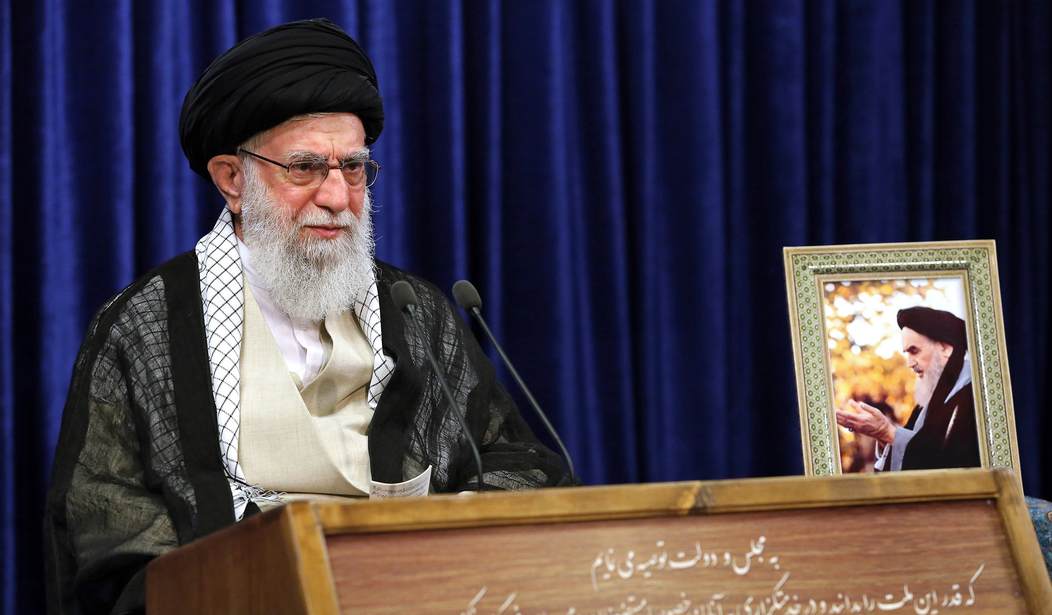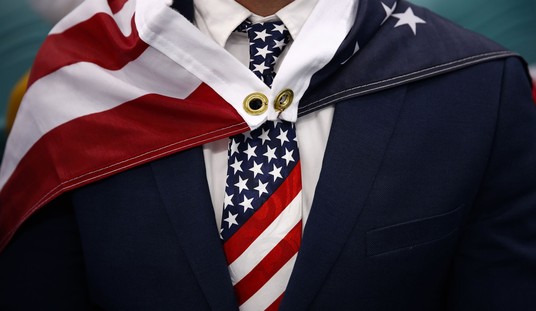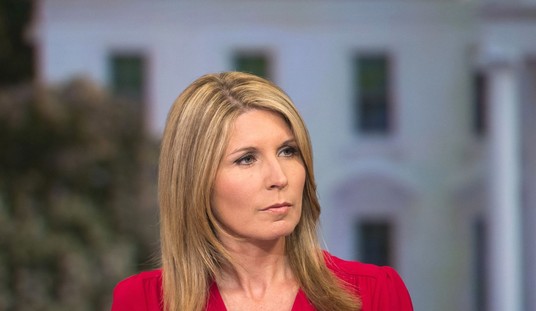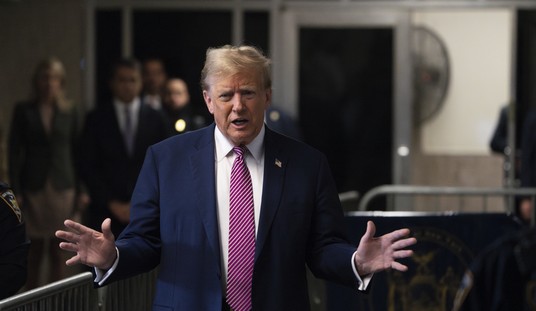The five hostages held by Iran, released in a deal with the Biden administration that saw five Iranian prisoners released by the US as well as almost $6 billion in assets, have left Iran and arrived in Qatar earlier today (Monday, September 18th.)
Five Americans detained for years in Iran walked off a plane and into freedom Monday, most arm-in-arm, as part of a politically risky deal that saw President Joe Biden agree to the release of nearly $6 billion in frozen Iranian assets owed by a third country, South Korea.
The successful negotiations for the Americans’ freedom brought Biden profuse thanks from their families but heat from Republican presidential rivals and other opponents for the monetary arrangement with one of America’s top adversaries.
“Today, five innocent Americans who were imprisoned in Iran are finally coming home,” Biden said in a statement released as the plane carrying the group from Tehran landed in Doha, Qatar. A plane carrying the Americans home to the United States was due to land Monday night.
On Sunday, my colleague Bob Hoge provided an excellent summary of the way this deal has unfolded.
But, one might ask, "What's the catch?" Because there's always a catch. In this case:
The $5.9 billion in cash released to Iran represents money South Korea owed Iran — but had not yet paid — for oil purchased before the U.S. imposed sanctions on such transactions in 2019.
The U.S. maintains that, once in Qatar, the money will be held in restricted accounts to be used only for humanitarian goods, such as medicine and food. Those transactions are currently allowed under American sanctions targeting the Islamic Republic over its advancing nuclear program.
I can see a couple of problems with this already.
First: Money is fungible. It is a staggering example of belaboring the obvious to note that money given to Iran and spent on humanitarian goods, even if Iran adheres to the letter and spirit of the agreement, frees up other money that can be then spent elsewhere — like weapons, nuclear research, or sponsoring Islamic terror groups.
Second: We cannot count on Iran to adhere to the letter and the spirit of any agreement. It is a second staggering example of belaboring the obvious to note that Iran cannot be trusted. A deal with Iran is, perhaps, worth the paper it's printed on, but certainly no more, and probably not even that. They will take this $5.9 billion and do with it as they damn well please, and dare us to do anything about it.
The difficult situation the United States faces here is this: When Americans are in trouble, we have to get them home. That's probably Rule Number One for dealing with other nations, especially hostile ones. But another Rule, perhaps Rule Number Two for dealing with other nations, is "Don't make things worse." These big payouts to Iran for prisoner swaps are a mistake. It essentially places a target on the back of any American traveling in these parts of the world. Now the precedent is set; a hostile nation (like, say, North Korea) can take Americans hostage, knowing that America, especially under a directionless, feckless, and incompetent administration like the one currently seated in the White House, will pay big.
In 1911, Rudyard Kipling wrote these prescient words:
It is always a temptation for a rich and lazy nation,
To puff and look important and to say:--
"Though we know we should defeat you, we have not the time to meet you.
We will therefore pay you cash to go away."
And that is called paying the Dane-geld;
But we've proved it again and again,
That if once you have paid him the Dane-geld
You never get rid of the Dane.
We have paid the Dane-geld. Now, the Iranian Dane will always be with us.














Join the conversation as a VIP Member